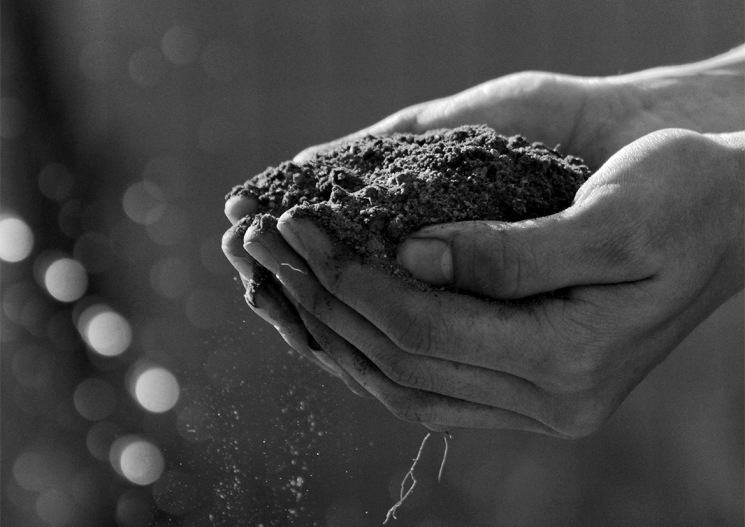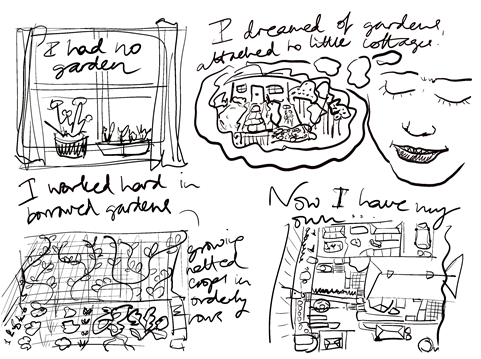Women back to the land
Social and environmental crises have become a defining feature of the current era. One persistent characteristic of debates on how to address these issues concerns the role of gender in science, technology and policy making. Traditionally, under patriarchal capitalist relations, women have been marginalised within British agriculture and other land-based industries and innovation systems. However, in recent years there has been a dramatic increase in the visibility of women within the land-based workforce in the UK. At the same time, a new eco-social movement is emerging into the food and farming policy space - and women are at the helm of the most prominent organisations involved.

Research Approach
Led by Dr Rachael Durrant, this project is an enquiry into women’s journeys into and through landwork and their involvements in land-based social change movements. As such, it will explore the significance of these journeys in relation to broader processes of social and environmental change and develop tools and capacities to empower the women who participate. Using a longitudinal research design and extended periods of fieldwork, the study will focus on individual women landworkers in two contrasting British regions – heavily-populated South East England and remote-rural Powys, mid-Wales.
The research will creatively combine the use of more traditional qualitative methods with ethnographic and visual methods, including literature reviews, documentary and media analysis, in-depth interviews, participant observations, graphic journaling, ethnographic and auto-ethnographic filming, collaborative mapping and participatory workshops.

Caption: A graphic journal entry: 'my journey in four frames'
The project aims to contribute a new perspective on the significance of women’s civil labour on the land in 21st century Britain that can inform and enable the transformative agency of individual women, the initiatives in which they are involved, and the broader coalitions and networks that they form. It will also advance scholarly understanding of the relationship between situated, in-depth research on agency and more evaluative approaches to understanding social and environmental change.
Impact and Outreach
Over the five years, the different strands of the research will be brought together in a series of ‘transformation lab sessions’ (t-labs) co-produced with research participants and working towards a manifesto for women landworkers. The aim of the t-labs will be to enhance the relevance and impact of the research and build women’s capacities to engage with and shape the research. This process will also lead to the creation of a series of blog posts, ‘vlogs’, podcasts and a short film highlighting the journeys of individual women and their collective experiences and aspirations.
Further information
Please contact Dr Rachael Durrant (r.durrant@sussex.ac.uk) for further information. This Leverhulme Fellowship will finish in July 2026.